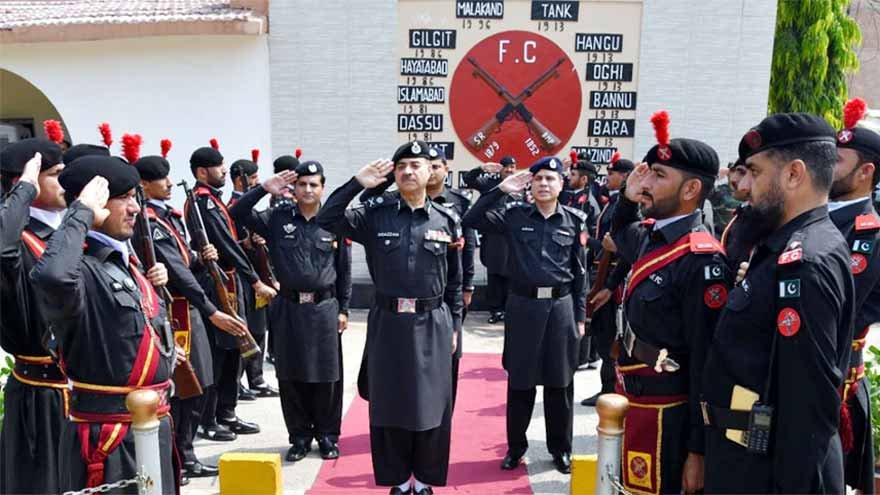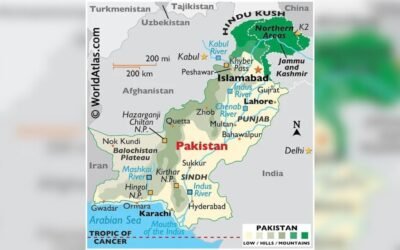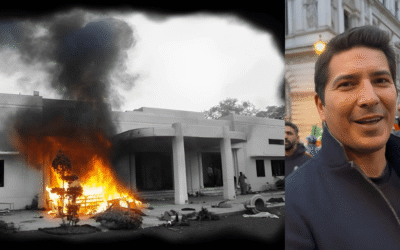FATA is now included in Khyber Pakhtunkhwa, Pakistan. These regions have been semi-autonomous for a long time. They tackle problems such as insurgency and the smuggling of illegal goods across the border. The Frontier Corps (FC), primarily composed of local tribes, serves as the first line of defense. The FC protects border routes and checkpoints to prevent infiltration. Over the past twenty years, it has assumed counter-insurgency and anti-smuggling responsibilities. It operates in tough areas where it can use its local knowledge and new legal powers.
Combating Militancy in FATA
The Frontier Corps has played a key role in Pakistan’s counterterrorism strategy in FATA. Since the early 2000s, FC units have been involved in major military campaigns against the Fitna-al-Khawarij (FAK), formerly known as TTP, and the Al-Qaeda affiliates. The most significant operation was participation in Operation Zarb-e-Azb in 2014, where FC soldiers served alongside the Pakistan Army in North Waziristan. The operation came after an incident of brutal beheading of 23 FC soldiers by the FAK, underscoring the role of FC at the frontline and its dangers.
Although FC forces suffered heavy casualties, they assisted in clearing militant footholds within tribal areas. Recent years have seen such incidents as the ambush in July 2025 in Orakzai district that resulted in the death of eight FC personnel and injuries to 11. These attacks indicate that although the large-scale insurgency has diminished, local violence is still a problem.
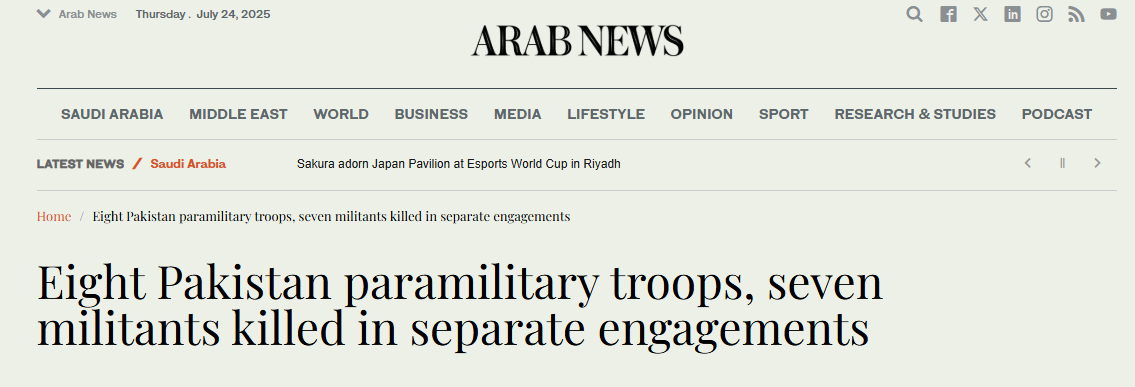
Source: Arab News
The shifting role of the FC, along with other agencies, can also be seen through operations such as Radd-ul-Fasaad, which was launched in 2017. This was a campaign to uproot remaining terrorist networks and entailed massive intelligence-led operations. The local recruitment and experience in tribal dynamics gave the FC a tactical advantage in surveillance and countermeasures against hostile bodies.
Counter-Smuggling Operations
In addition to militancy, the FC thus plays an important role in preventing smuggling across the porous borders of Pakistan with Afghanistan and Iran. In 2015, the FC was formally granted anti-smuggling powers by the Federal Board of Revenue to exercise customs authority within a 20-kilometer radius of the border. This authorization enabled FC officers to investigate automobiles, confiscate goods, and detain suspects under the Customs Act.
FATA and the neighboring regions, such as Malakand, have traditionally been used as channels of transport for smuggling vehicles, drugs, and consumer goods. Vehicles that have not paid customs are often trafficked along unauthorized channels, and/or with the assistance of local police officers. Investigation reports have highlighted that even under FC implementation, smuggling chains continue to operate due to bribery and a lack of control over them. But remarkable successes have been observed. In May 2024, FC units with Customs Intelligence captured a huge drug shipment in Tirah Valley with 300kg of hashish and 25kg of opium worth more than Rs320 million.
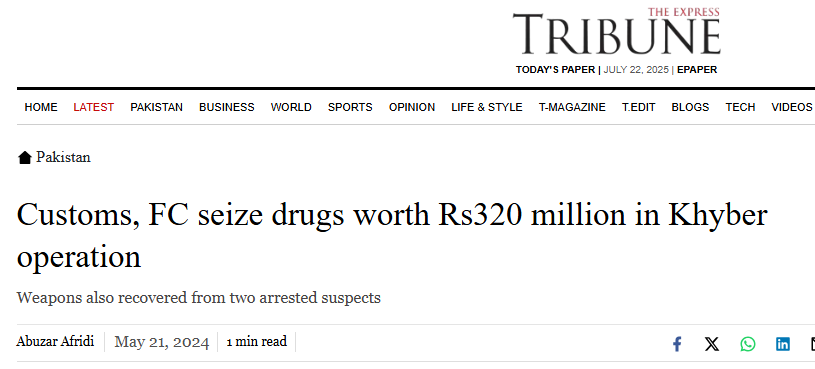
Source: The Express Tribune
The other contribution of the FC is in the prohibition of arms smuggling, fuel trafficking, and the smuggling of luxury goods. There are checkpoints, patrols, and quick response teams in border areas that attempt to stop illegal trade. However, these operations are usually constrained by the sheer size of the land and the mobility of smugglers.
Structural and Operational Challenges
Militancy and smuggling have persisted in the tribal belt despite FC deployments. It is a vast mountainous region where smugglers use numerous small foot and river crossings. Although FC units try to patrol major roads and bazaars, insurgents and traffickers respond with more agile routes or bribe lanes. Analysts also note that gaps in state governance in FATA (now KP) complicate the situation: civilian rule was weak until 2018, and cooperation with military forces was largely lacking. Intelligence efforts are sometimes challenging, as militants have occasionally coordinated with local tribes.
Overall, observers state that they need the FC, but it is not sufficient. The FC has an advantage in tribal intelligence gathering and gaining community trust, partly because it recruits locally in tribal areas. This has helped identify hideouts and negotiate ceasefires with certain groups. The increased authority of the FC has also led to the capture of significant contraband during joint raids. Political protection is deeply embedded in many smuggling networks, and militancy remains entrenched.
Conclusion
The Frontier Corps plays a crucial role in addressing militancy and smuggling in FATA, with significant counterinsurgency and border control operations. It is highly effective due to its native structure and familiarity with the area, which improves intelligence collection and operational borders. Nonetheless, geography, corruption, and lack of control remain obstacles to its potential despite its capabilities. To enhance the FC’s performance, higher levels of accountability, inter-agency collaboration, and awareness of human rights must be achieved. Ultimately, the role of the FC in promoting regional stability must be complemented by broader reforms in governance, development, and community outreach to ensure long-term peace in the tribal areas.

